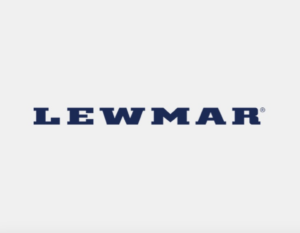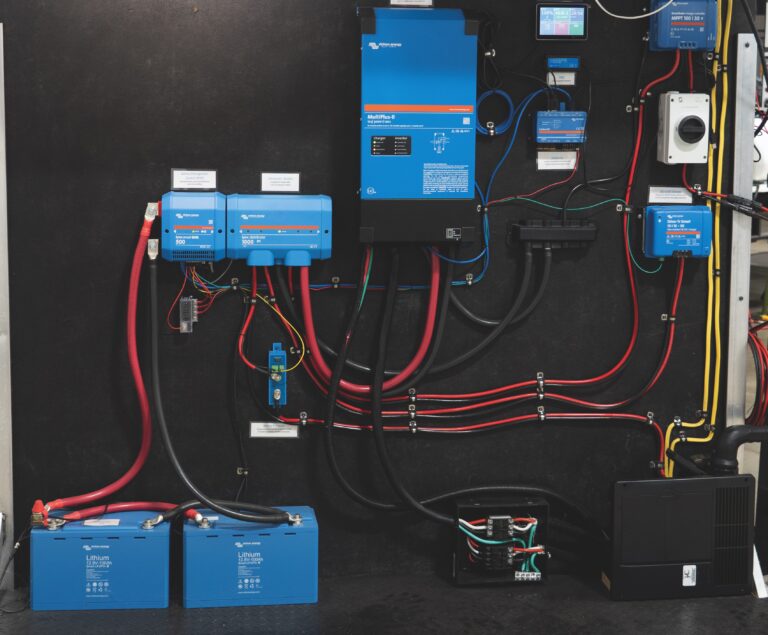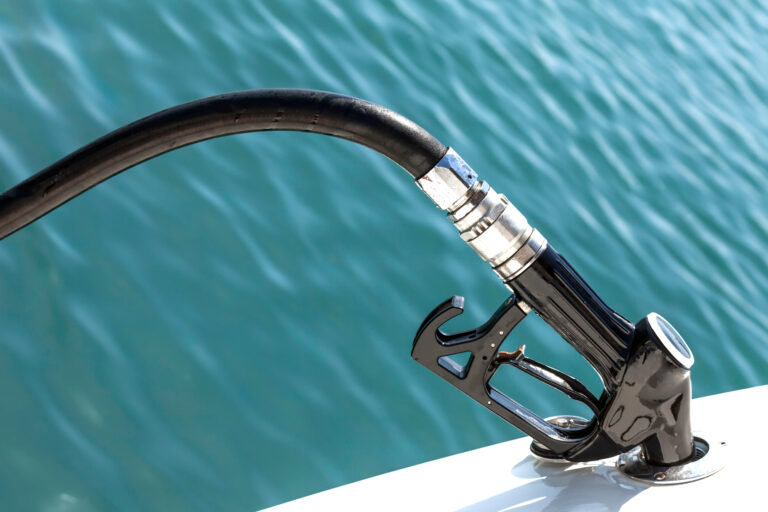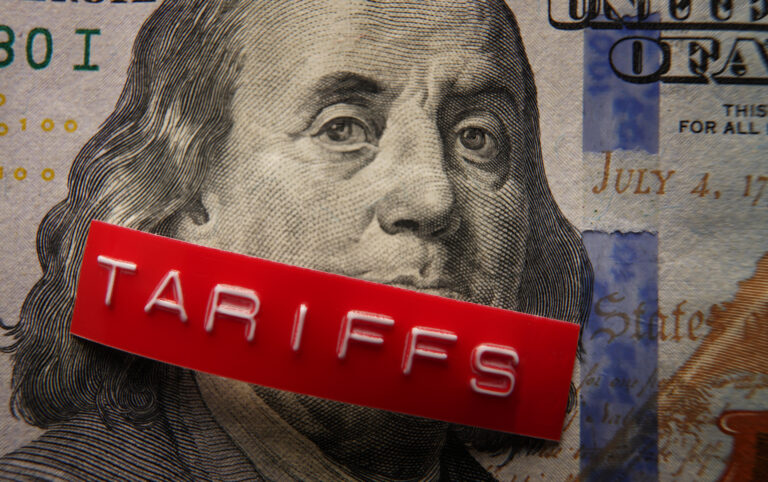
China has imposed tariffs of up to 25 percent on 128 U.S. imports, including U.S. scrap aluminum and wine, after President Trump raised duties on foreign steel and aluminum imports in March.
The tariffs affecting some $3 billion of imports kick in on today.
Stocks were lower on Monday, the first trading day of the second quarter, after China’s Ministry of Finance announcement of the tariffs, according to The Street.
Washington says China’s theft of foreign intellectual property is what sparked the dispute; currently international companies operating in China must hand over their intellectual property to do business there, according to the BBC.
“Our concern is that it ends up becoming a trade war,” National Marine Manufacturers Association legal and federal affairs vice president Nicole Vasilaros told Trade Only Today. “The Administration going after aluminum, steel, and intellectual property, and it definitely seems like China is the target, but a lot of other industries are being lumped into it, and that’s where we and others are very concerned.”
The first set of tariffs are relatively mild, but a second has already been announced. There are plenty more American companies to be hit and other nations, especially those in Europe and Asia, could soon find themselves dragged into this conflict, the BBC said.
US scrap aluminum and frozen pork will be subject to a 25 percent additional tariff, on top of existing duties. Several other American foods including nuts, fresh and dried fruit, ginseng and wine will be hit by a 15 percent increase.
China said the new tariffs were a retaliatory measure in light of Trump’s decision to raise duties on imported steel 25 percent and 10 percent on aluminum imports.
The European Union announced in early March its plans to impose retaliatory tariffs on many popular U.S. imports, including recreational boats.
“Something we’ve been very vocal on is the threat of retaliation,” Vasilaros said.
The President said later that the United States would temporarily exclude the European Union among a handful of other nations from the tariffs.
“The president has said some countries exempt, but that exemption only goes until May 1,” Vasilaros said. “Until a permanent exemption is reached, there’s still a lot of concern from our industry and others regarding retaliatory measures. The EU’s retaliatory tariffs would be for all boats, not just aluminum ones.”
Those tariffs would be on top of a possible 60 percent tariff on aluminum sheet imported from China that is widely used to make boats, boat lifts and trailers. That’s due to a highly unusual move by the Department of Commerce to initiate antidumping and countervailing investigations — usually those are initiated by an industry complaint.
Though most U.S. builders source aluminum sheet domestically, Vasilaros said, the concern is that supply shortages and price increases will follow.
“A worldwide tariff on aluminum, combined with a tariff on Chinese aluminum sheet, could disrupt supply,” Vasilaros said. “As pontoon and aluminum fishing boat sales have increased, there’s been a strain already. That could further strain supply, as well as cause a significant price increase. We’re expecting about a 60 percent tariff for antidumping on aluminum sheet. Combined with the 10 percent tariff, those are real numbers.
The NMMA expects the International Trade Commission to announce the tariffs this month when they will go immediately into effect.
“We worry there will be a significant increase in the cost of that, and there will be reverberating effects for downstream industries like ours,” Vasilaros said.











